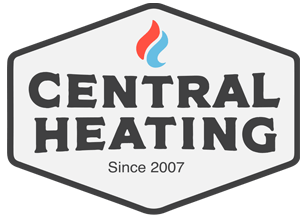Central Heating is the one-stop heating and cooling solution in Simcoe County and throughout the Greater Toronto area.
Since 2007, we’ve specialized in heating and cooling solutions from design to installation, retrofits, and upgrading outdated systems.
We work closely with our customers to meet their heating and cooling needs, lifestyle, and budget.
During our time in business, we get asked many questions, but here are the ones we get most often.
